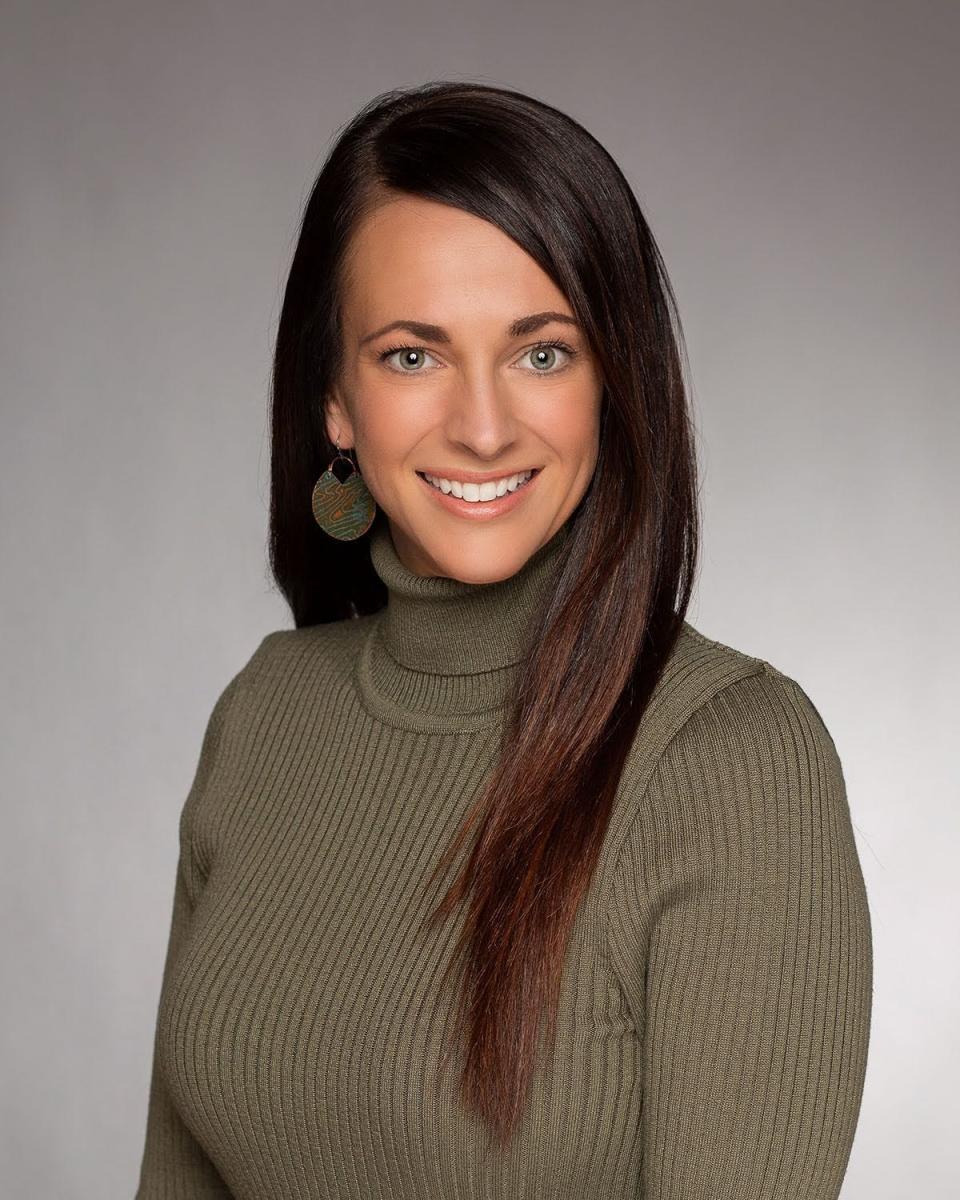What working at Wisconsin's female prison has taught me about trauma, addiction and hope
I’ve seen some things in my life. Corrections wasn’t one of them. Then last fall I began as a Psychological Associate at Taycheedah, Wisconsin’s maximum security facility for women. Although I’ve always known some people are confined, I’ve never known much about prison. The idea of women as prisoners clashed with my understanding of women as caregivers. But I wanted to help.
A 2022 report by the Brennan Center for Justice showed rising violent crime, like murder and assault. While men still constitute the vast majority of offenders, the number of women has been climbing. In fact, a 2020 report by the Justice Research and Statistics Association showed that females are the fastest growing demographic across all incarcerated settings.
Incarceration encompasses jail and prison, and there are levels of custody between municipalities and counties, state and federal. There tend to be more women held in jails than state prisons, with an additional million or so on probation and parole. Probation is community supervision before prison; parole and extended supervision are for after someone is released.
Data for women always trails because males are incarcerated at a larger scale. The US Department of Justice last published statistics on women offenders in 1999. Too much time has lapsed for those numbers to be reliable. And yet, there is a thread that has remained the same: Most women come into prison having experienced tremendous trauma. Female offenders are typically abused before their first offense, with one in four violent girls having been sexually abused compared with one in 10 nonviolent girls.

Why turn to criminality? According to marginalization theory, victimization of women is a leading factor in what compels them to commit crime. Marginalization also includes criminality as a response to economic insecurity. Data from the American Psychological Association confirms that: Women in prisons are overwhelmingly poor, and most live well below the poverty line.
Risk for crime increases when the number of children swells and women become heads of household. One in 28 children has an incarcerated parent, which is a “collateral consequence,” or effect of incarceration. In 2020, Justice Research and Statistics Association showed that about two-thirds of incarcerated women are mothers. Taycheedah has slightly lower numbers on this front, with less than half of its population being parents.
Missing moms and dads due to long-term offending can impact generations. There it is: More trauma. Trauma is rampant, occurring as a result of lived violence — abuse, neglect, loss, and other kinds of emotionally harmful experiences. Trauma gets worse when coupled with drugs and alcohol, often but not always used to numb the effects of having endured so much pain.
Ninety-three percent of the women at Taycheedah have a mental health diagnosis. As a clinician here, it is staggering to witness their anguish while also understanding that much of what they carry is due in large part to mental health concerns — especially trauma and addiction.
The role of security staff cannot be understated. Correctional officers work long hours amid tension and mitigate risk constantly. They witness people who cannot bear the weight of how they have been hurt and gone on to hurt others, including themselves. Corrections is not simple and the dedication of staff deserves recognition. Colleagues – uniform and non-uniform alike – are courteous, helpful, and professional. It is a testament to their commitment to public service and those in their care.

Mental health, addiction, and trauma are not conversationally popular. But, the most effective solution is in-house — literally, at home. Be aware, in as much as you can, of what your loved ones are experiencing. Then walk with them to offer support.
It’s a more granular approach that puts responsibility on each of us to show up for one another. Mother Teresa knew this years ago: “If you want to change the world, go home and love your family.”
We need to do more. Doing more is easier when we know more. At the risk of sounding too much like a therapist: If we are aware of it, we can work on it.
Bethany Lerch is writing about her personal experience, not on behalf of the Wisconsin Department of Corrections.
This article originally appeared on Milwaukee Journal Sentinel: Increases in violent crime among women driven by trauma and addiction.

